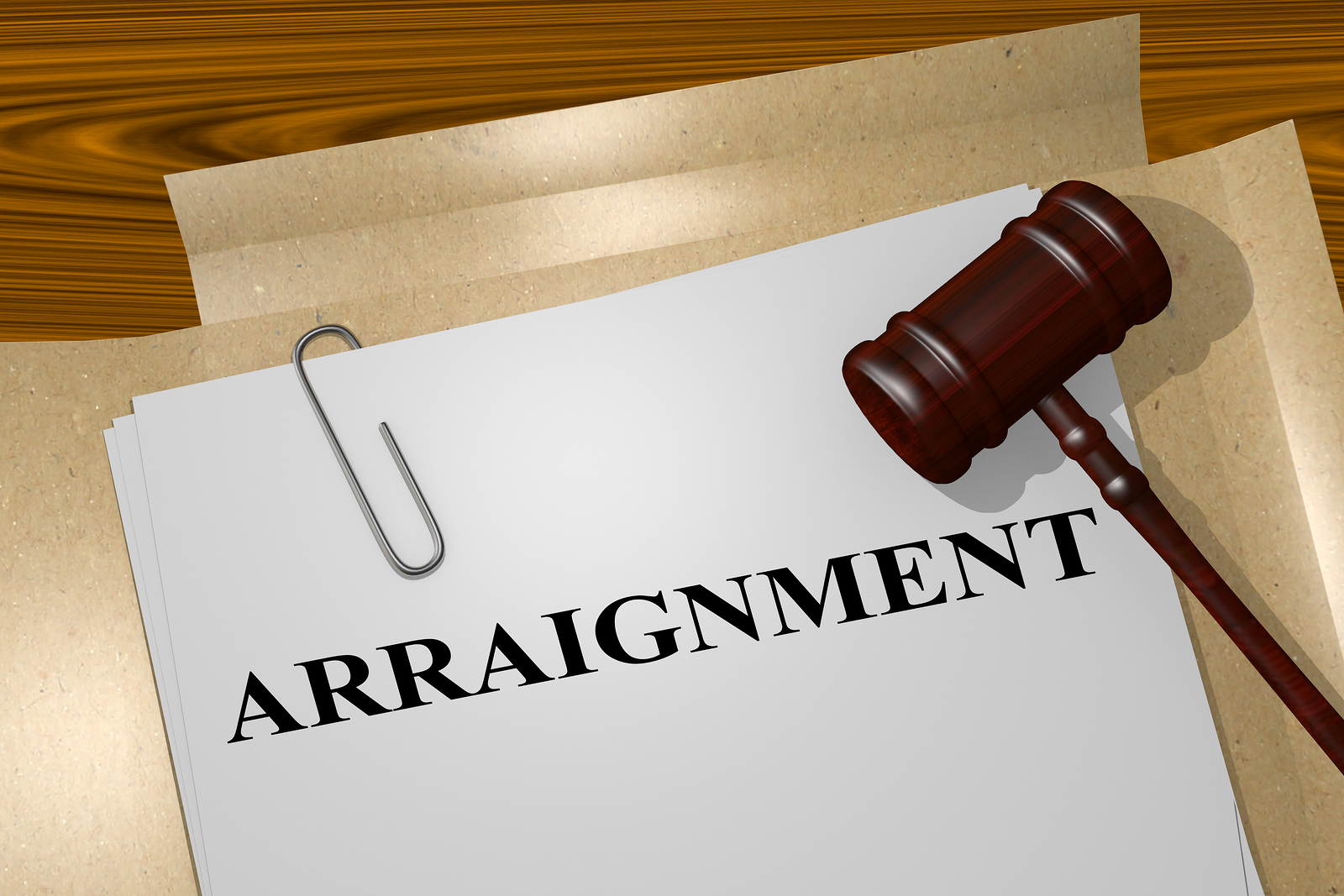As your criminal defense attorney, I will walk you through the entire criminal court process and help you achieve the best outcomes. Here’s an idea of what you can expect.
Criminal Court Process
Criminal Court Process
You’ve been charged with a crime, and now the criminal justice system is looming in front of you. You have to deal with the police, lawyers, and judges, and you don’t know what to expect.
The criminal justice system can be intimidating, but this overview explains the process simply.
The Preliminary Arraignment
If you are arrested and taken into custody, you will then undergo a Preliminary Arraignment, and a Magisterial District Justice (MDJ) will assign you one of three types of bonds:
- Unsecured Bond – An Unsecured Bond, which you do not need to pay unless you violate a condition of your release.
- Release on their own Recognizance (ROR) Bond – As long as you agree to the ROR Bond conditions, you do not need to make any payments to be released from custody.
- Monetary Bond – If you are assigned a Monetary Bond and you want to be released from custody, you must post the specified amount directly, or you can use the services of a bondsman to pay a portion of the amount.
At this point, your preliminary hearing will be scheduled regardless of whether you pay your bond or remain incarcerated.


The Preliminary Hearing
The Preliminary Hearing is the first hearing in front of a judge, which will be an MDJ. The Commonwealth of Pennsylvania must make a prima facie case against you. In other words, it means that all the Commonwealth of Pennsylvania must show is that a crime was likely committed, and that you likely committed it.
Witness credibility is not at issue at a Preliminary Hearing. For instance, even if a completely unreliable witness said that you ran a stop sign and hit a person in the crosswalk, but you have a witness who can prove you were in England at the time of the accident, the court will believe the unreliable witness at the Preliminary Hearing. No rebuttal evidence will be considered.
This burden for the Commonwealth is relatively easy to make. That’s why it’s so crucial that you are represented by a good attorney so that they can uncover flaws in the Commonwealth’s case. Ideally, your lawyer will get your case dismissed at the Preliminary Hearing or at a later court hearing.
If you are facing Summary charges, Third Degree Misdemeanor charges, or Ungraded Misdemeanor charges, your next court appearance will also be handled in front of the MDJ. However, if you are facing Second Degree Misdemeanor charges or higher, your next court appearance will be in the Court of Common Pleas.
Arraignment Court
The next step in the Criminal Justice process is Arraignment Court. At your “formal” Arraignment, you will be told the formal charges you will be facing moving forward. You will then have 30 days to file any appropriate motions to challenge evidence, present an alibi, and present other ways to improve your case.
Commonwealth will use to attempt to prove their case. In many counties, the Commonwealth gives you the defendant all of the Discovery it has against you. However, in other jurisdictions, your attorney needs to file a motion to compel the Commonwealth to provide the evidence they have against you.
The Commonwealth is not allowed to surprise you with evidence in trial. More importantly, they cannot withhold information that could help you win your case.


Between Arraignment and Trial
Any motions that your lawyer has after receiving your Discovery will be filed during this period of time, and plea negotiations will begin. Any investigation that your attorney or your investigator needs to do will happen during this period of time.
Trial
Eventually, a trial date will be scheduled. You will have the opportunity to plea or take the case to trial. Your attorney will go over the pros and cons and make recommendations, but the decision is entirely up to you. At this point, the Commonwealth will either drop the charges or you will go to trial. At trial, you will be acquitted or found guilty, or you will make a plea agreement.
Sentencing
If you are convicted, the Judge will determine your penalty in a Sentencing hearing. Some of the options include probation, county jail, or state prison – the sentence will depend on a number of factors that your attorney will go over with you.
Free telephone consultations
Give me a call today or send me a message on Facebook – my team will assess your case and provide you with an initial strategy.

